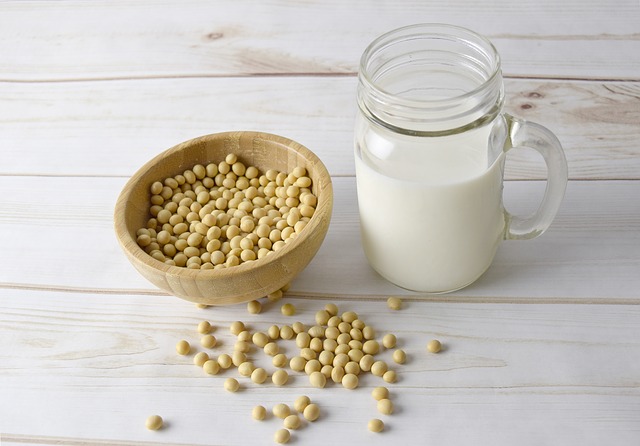The Law and Politics of Plant-Based “Milk” Products
Have you ever wondered why in Canada, your soy, almond, rice, or other plant-based milk is labelled as a “beverage”? Arguably, “beverage” sounds less nutritious than a milk, just as a fruit “beverage” sounds less nutritious than a fruit juice. In the past few months, labelling issues concerning this terminology have been hotly debated, and have landed in court and before legislatures in Europe and the United States.
In June, the European Court of Justice issued its decision in Verband Sozialer Wettbewerb eV v TofuTown.com GmbH. In the decision, the Court concluded that the term “milk” can only be used for milk products and not for plant-based products, even if the label is accompanied by terms describing it as a non-dairy product, such as “soy”. This regulation at issue in the case provides that “The term “milk” shall mean exclusively the normal mammary secretion obtained from one or more milkings without either addition thereto or extraction therefrom.”
The claimant argued that TofuTown’s use of terms such as “veggie cheese” constituted unfair competition. TofuTown in turn argued that “the way in which consumers understand those designations has changed massively in recent years,” and that it always uses such words accompanied by others that make clear that the food product is plant-based.
This past January, the Dairy Pride Act, or the Defending Against Imitations and Replacements of Yogurt, Milk, and Cheese To Promote Regular Intake of Dairy Everyday Act, was introduced in the US Senate, where it is currently being referred to the Committee on Health, Education, Labor, and Pensions, as well as in the House, where is it being referred to the Subcommittee on Health. Section 2, paragraph 6, of the Act provides that “Plant-based products labeled as milk are misleading to consumers.”
Obviously, this claim is contested in numerous forums. In May 2017, in its judgement in Cynthia Cardarelli Painter v Blue Diamond Growers before the US District Court for the Central District of California, the Court stated that “By using the term ‘almond milk’, even the least sophisticated consumer would know instantly the type of product they are purchasing.”
Marion Nestle, a former NYU Professor of Nutrition, Food Studies, and Public Health and author of the acclaimed book Food Politics: How the Food Industry Influences Nutrition and Health, has stated on the general issue: “This dispute, obviously, is about marketing advantage.
In Canada, Section B.08.003 of the Food and Drug Regulations (FDR) provides that milk: “shall be the normal lacteal secretion obtained from the mammary gland of the cow, genus Bos.” The Canadian Food Inspection Agency (CFIA) provides that “In order to meet the common name requirement, the term ‘milk’ is a reference only to ‘milk’ as standardized in section B.08.003 of the FDR.”
Will the changing norms of consumption, i.e. a decrease in consumption of dairy products and an increase in consumption of plant-based “milks” and associated products, ignite a labelling regulation debate in Canada? One can wonder whether the objective of the prohibition of the use of the term “milk” for plant-based alternatives to cow’s milk is solely, or even really, one of consumer protection. It is interesting to note that the Oxford Dictionary describes milk as “An opaque white fluid rich in fat and protein, secreted by female mammals for the nourishment of their young,” but in an alternate definition, as “The white juice of certain plants.”
In any case, should the overhaul of Canada’s Food Guide indeed eliminate dairy as a category, plant-based “milk,” “cream,” and “cheese” products will surely be competing even further with “normal lacteal secretion obtained from the mammary gland of the cow” products.
Sabrina Tremblay-Huet is a Doctoral candidate and Lecturer at the University of Sherbrooke Law Faculty.
